Indonesian President Prabowo Subianto has given the green light to lift the ban on iPhone 16 sales in the country, after Apple proposed an additional investment of $1 billion.
Last month, Indonesia banned the sale of the iPhone 16, citing Apple's failure to comply with local content requirements for smartphones and tablets.
According to Indonesian government regulations, technology devices sold in the country must have at least 40% local content, in order to promote the development of local industry.
The incident has caused tension between Apple and the Indonesian government, raising concerns among the international business community about the investment environment in Southeast Asia's largest economy .
Apple's additional investment plan includes specific commitments to support Indonesia's tech industry, according to unnamed sources.
One of the most important is the construction of an AirTags factory on Batam Island, about a 45-minute ferry ride from Singapore. Batam was chosen because it has free trade zone status, exempt from value-added tax, luxury tax and import duties.
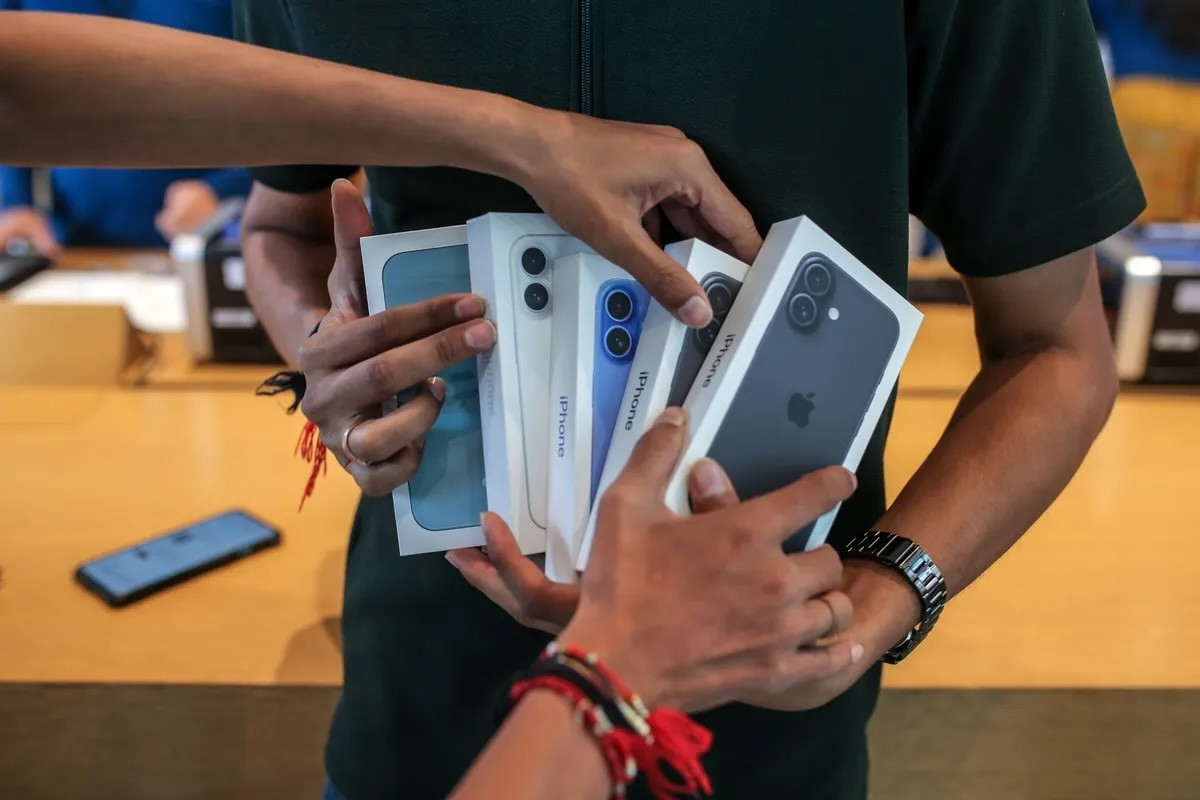
The factory is expected to create about 1,000 jobs in the initial phase and contribute about 20% of the global production of AirTags - devices that help users track luggage, pets or personal items.
In addition to the above project, Apple also committed to building another technology accessory factory in Bandung, about three hours drive from Jakarta.
In addition, the group will sponsor technology institutes in Indonesia to train students in important skills such as programming and software development.
The moves reflect Apple’s long-term ambitions in a market of 278 million people, where more than half the population is under 44 and highly tech-savvy. Indonesia is also one of Apple’s most promising markets in Southeast Asia.
However, some sources said that the Indonesian government has not yet given a specific deadline for allowing the resale of the iPhone 16. Officials also warned that the plan could change because Indonesia has a history of withdrawing major investment decisions.
If the deal is finalized, it would be a major victory for President Prabowo Subianto, who is aggressively seeking more foreign investment to finance his economic policies.
This will also strengthen Indonesia's position as an attractive investment destination in the Southeast Asian region.
For Apple, reaching a deal would give it unfettered access to one of the world's largest markets, especially as it faces pressure from slower-growing markets in the US and Europe.
Creating a worrying precedent?
However, the development could also set a worrying precedent for international businesses, who may feel pressured by the Indonesian government to increase investment or expand production if they want to continue doing business here.
The case of Apple shows that Indonesia's tough strategy has paid off by forcing major tech companies to build local manufacturing facilities.
If implemented as planned, the $1 billion investment from Apple will not only help the company regain market share in Indonesia but also create a strong impetus for the country's industrial and technological development.
This is a great opportunity for Indonesia to assert its position in the global technology supply chain in the coming years.
It will be a challenge for Apple to meet Indonesia's domestic content as the country lacks the presence of an ecosystem needed to achieve production and cost efficiency.
Apple has focused its efforts on developing its supply chain outside of China in Vietnam, Thailand, and India. According to its 2023 partner list, only one component supplier has a factory in Indonesia, while Vietnam has 35 and India has 14.
Several of Apple's key suppliers, such as Pegatron and Flex, have factories on the Indonesian island of Batam, but they do not manufacture parts or products for Apple there.
If Apple wants to increase its production in Indonesia, it will need to make significant investments and determine whether accessing the Indonesian market is worth it.
The iPhone will account for just 1% of Indonesia’s smartphone market in the first three quarters of 2024, according to data from research firm Canalys. But it is also one of the few remaining places where the company sees strong growth potential.
The Industry Ministry estimates Apple will earn 30 trillion rupiah from product sales in Indonesia by 2023.
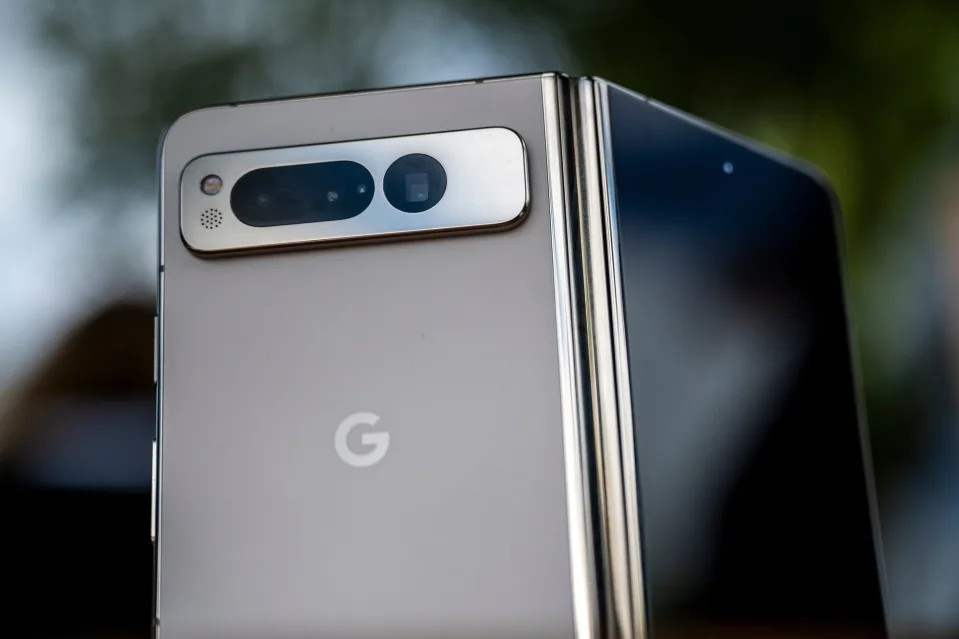
Source: https://vietnamnet.vn/indonesia-chien-thang-apple-nhung-con-la-noi-hap-dan-voi-dai-bang-cong-nghe-2354424.html



![[Photo] General Secretary To Lam chairs a working session with the Central Internal Affairs Commission](https://vphoto.vietnam.vn/thumb/1200x675/vietnam/resource/IMAGE/2025/5/22/3b7790f499da45b2803d8ae253207ef1)

![[Photo] Press delegation meeting to visit Truong Sa and DK1 Platform](https://vphoto.vietnam.vn/thumb/1200x675/vietnam/resource/IMAGE/2025/5/22/6b8d232877ec421a9e8187d83b9f8006)
![[Photo] Prime Minister Pham Minh Chinh chairs meeting on draft Resolution of National Assembly on International Financial Center in Vietnam](https://vphoto.vietnam.vn/thumb/1200x675/vietnam/resource/IMAGE/2025/5/22/d398664ff1a140629169ea5a24e1b4d0)
![[Photo] T&T 1 and Ho Chi Minh City 1 People's Police Teams won the men's and women's team championships](https://vphoto.vietnam.vn/thumb/1200x675/vietnam/resource/IMAGE/2025/5/22/39db06ae67cb4001b7a556e8d9a56d07)



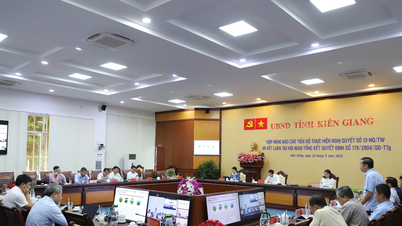


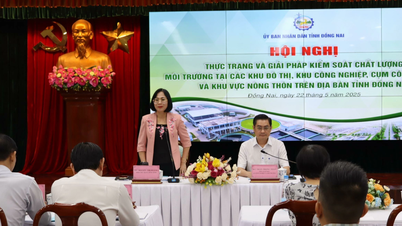










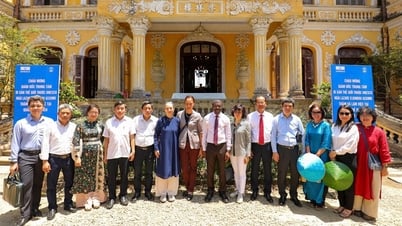
























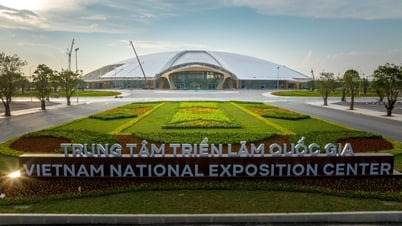

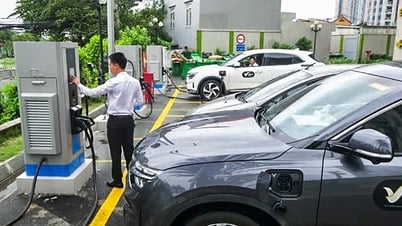







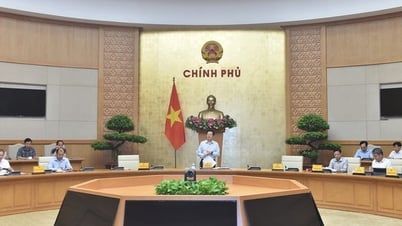













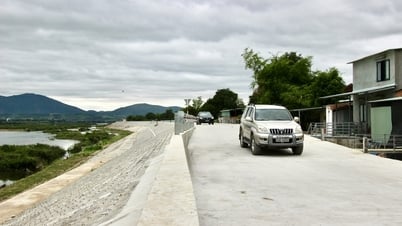







![[Podcast] Week introducing more than 500 OCOP products in Hanoi](https://vphoto.vietnam.vn/thumb/402x226/vietnam/resource/IMAGE/2025/5/22/d144aac2416744718388dbae3260e7fd)





Comment (0)